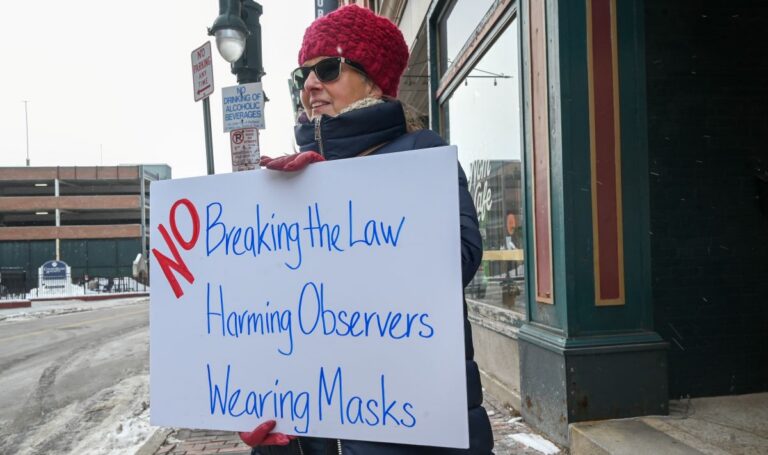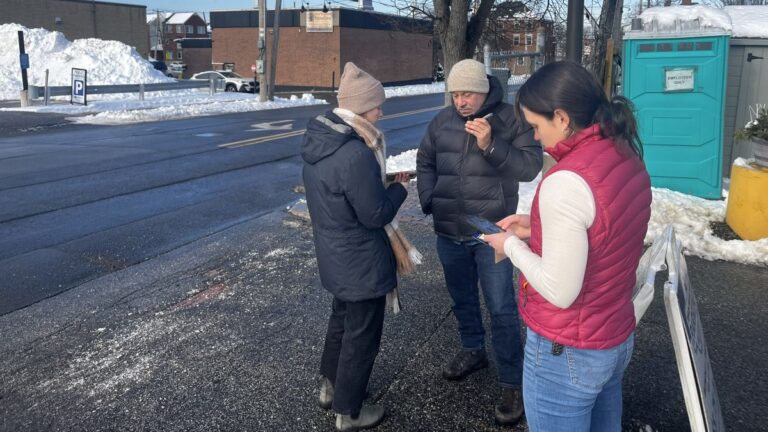The Maine Recovery Council is now accepting letters of intent from organizations and individuals interested in applying for its first round of grant funding.
This comes more than two years since the council first met in late 2022 and after several months of discussion among members on how to structure the grant program, its spending priorities and guidelines for evaluating applications.
The 15-member Maine Recovery Council is tasked with overseeing the distribution of half of Maine’s $230 million share of the opioid settlement funds — the result of litigation against pharmaceutical manufacturers, distributors and retailers accused of fueling the opioid epidemic.
Instructions for the community grant application process were published earlier this week; applicants must submit a letter of intent to the council by June 28 in order to be considered for a grant.
The council ultimately voted to prioritize programs that fall into three pillars — treatment, recovery support and harm reduction. Funding opportunities for a fourth pillar, prevention, will go live in the fall.
There is $12 million available for the first round of funding. It is unclear how much money will be available for the second grant application cycle. The council budgeted about $21 million total over two years for grants.
The community grants will mark the second major distribution of settlement funds by the council. The council voted late last year to distribute more than $9 million to organizations across the state. As of May 9, contracts for those projects were still being finalized.







